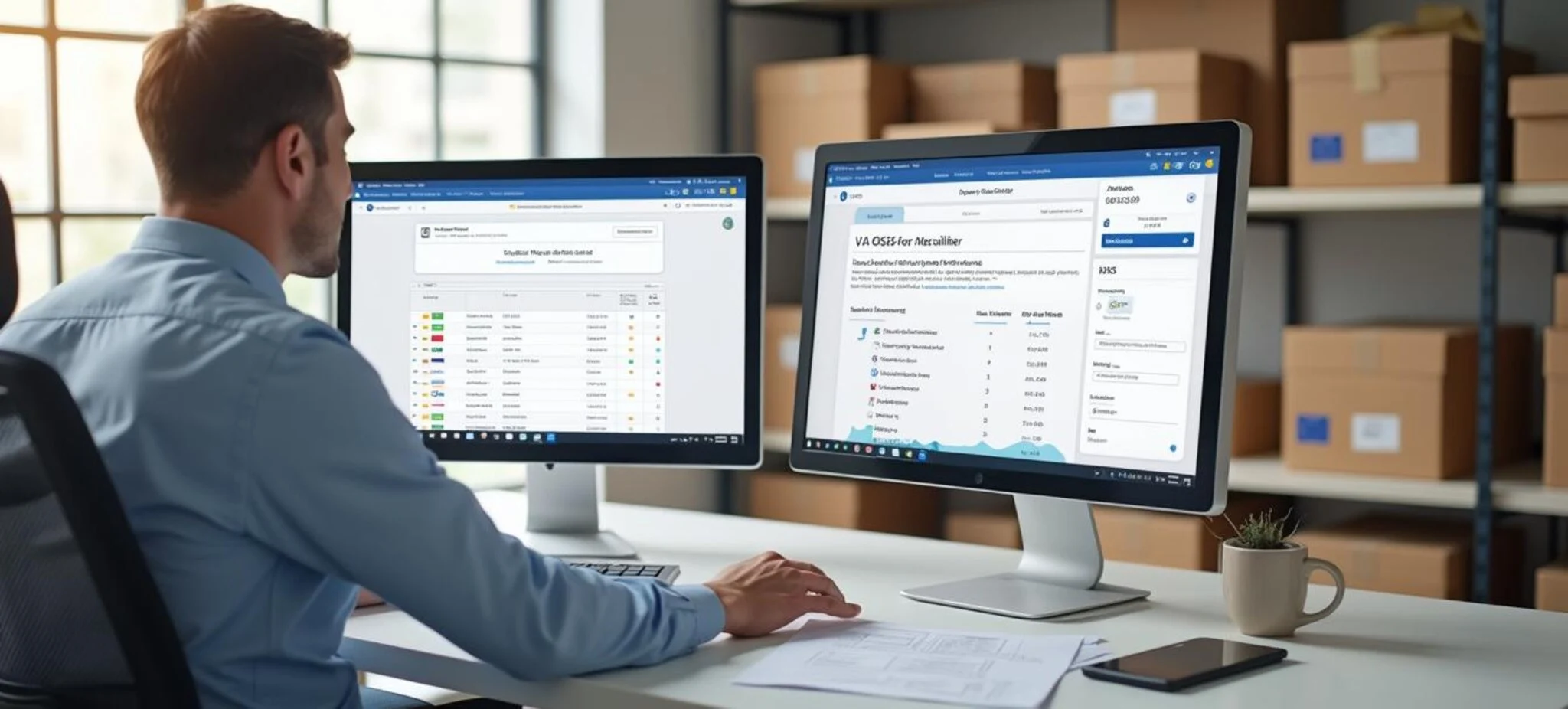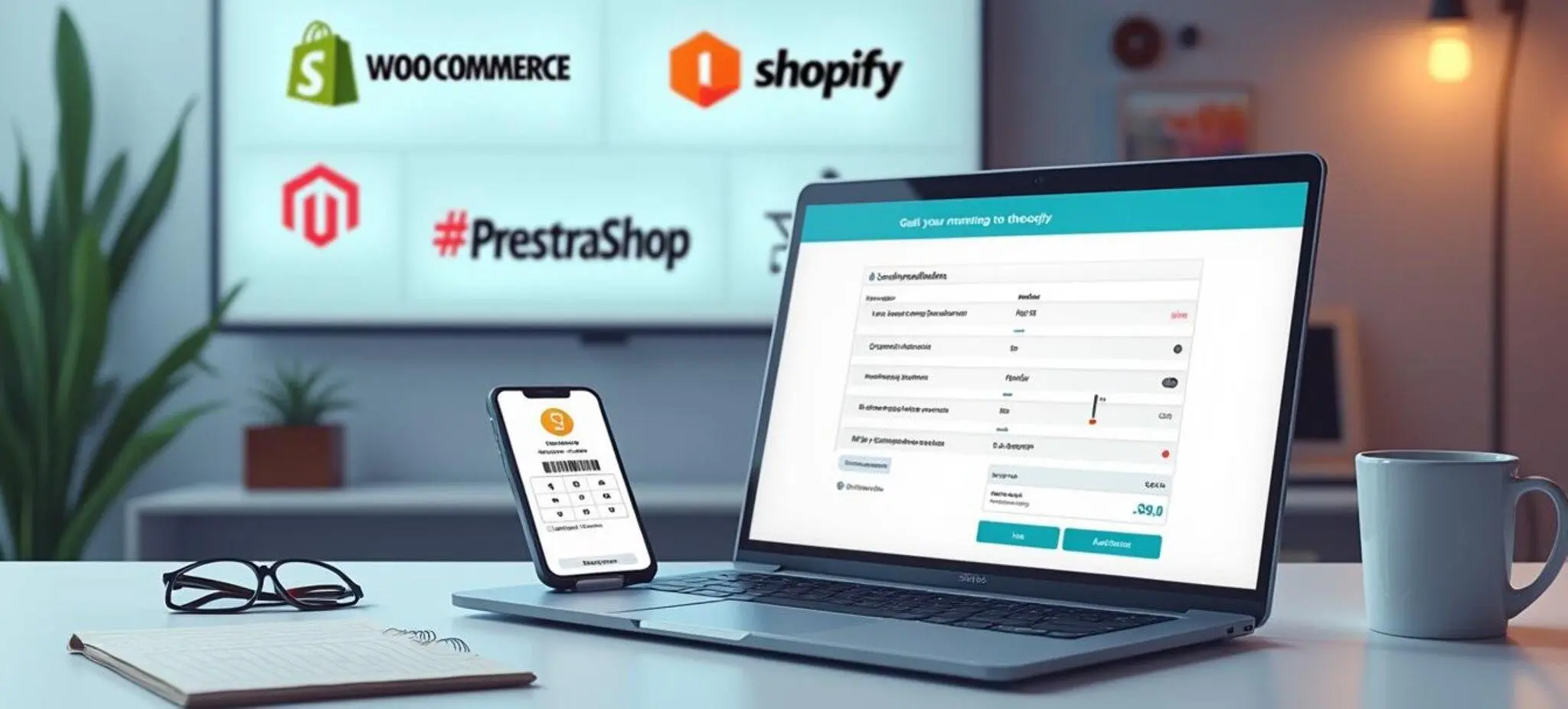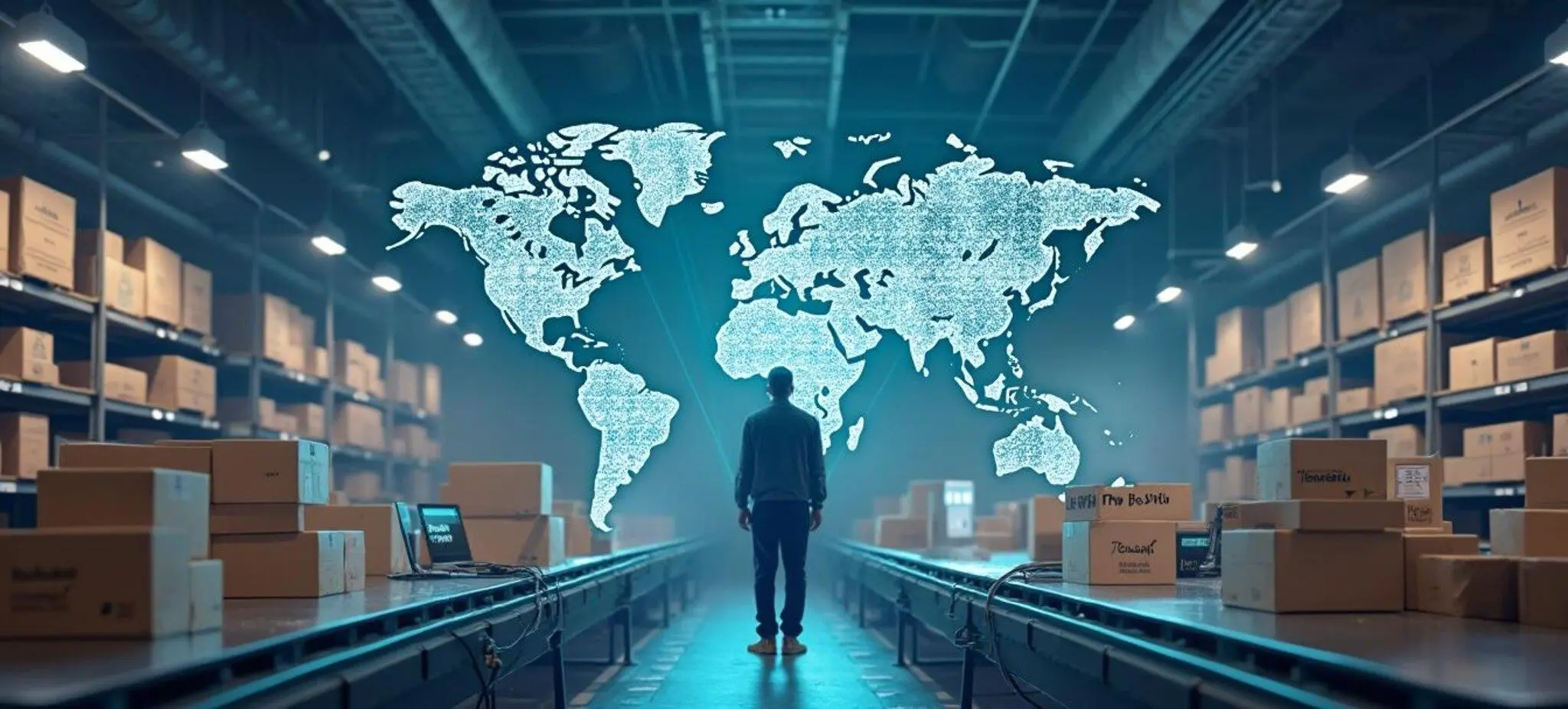Published: July 1, 2025 | Last Updated: July 1, 2025
VAT OSS in e-commerce is a procedure for settling VAT on the sale of goods and B2C services to EU countries, which allows for a single declaration to be filed in one member state. This is an effective tool for e-sellers who want to grow their foreign sales without having to register for VAT in every recipient country.
Thanks to VAT OSS, you can simplify your settlements, reduce time spent on bureaucracy, and avoid many costly tax errors. It's a solution designed for e-commerce and is particularly important if you plan on expanding abroad. But how exactly does this procedure work, who should use it, and what should you pay attention to?
In this guide, we'll answer all the most important questions about VAT OSS. You'll learn when and how to register, how to correctly file declarations, and how to avoid common errors in record-keeping and accounting.
Table of Contents
- VAT OSS – What is it and how does it work?
- Does VAT OSS apply to your business?
- How to register for VAT OSS? A step-by-step guide
- VAT settlement under OSS – declarations, record-keeping, accounting
- Convenient payment processing? Check out payment solutions from Przelewy24
- Most common errors and how to avoid them
- VAT OSS – Frequently asked questions (FAQ)
- VAT OSS in a nutshell
- VAT OSS is a procedure that simplifies tax settlements for B2C sales across the entire EU.
- Main condition: Exceeding the €10,000 net sales threshold to the EU within a year.
- Settlements are made quarterly, using the VIU-DO declaration.
- Online registration is possible through the e-Tax Office (VIU-R form).
VAT OSS – What is it and how does it work?
VAT OSS (One-Stop-Shop) is a EU procedure introduced to simplify tax obligations for online sellers who want to operate in the EU.
Instead of registering for VAT in every country where you sell, you can choose one tax administration (e.g., in Poland), file a single quarterly declaration, and remit the due VAT for all member states.
Thanks to OSS:
- You avoid formal VAT registration in every EU country you ship goods to.
- You file only one declaration for the entire EU (the so-called VIU-DO declaration).
- You gain transparency in record-keeping and ease of managing cross-border taxes.
VAT OSS came into effect on July 1, 2021, as part of the VAT E-commerce Package.
Does VAT OSS apply to your business?
Main conditions for applying VAT OSS:
- Sales are made at a distance to consumers in EU countries (B2C model).
- You sell goods or provide electronic services (e.g., access to e-books, subscriptions), telecommunications, or broadcasting services.
- The total value of such transactions exceeded €10,000 net within a year.
What if you haven't exceeded the €10,000 limit?
- You can settle VAT in Poland – according to national rates.
- You can voluntarily register for VAT OSS – gaining accounting simplification in the future.
Important: VAT OSS applies exclusively to sales to consumers (B2C), not businesses (B2B). The B2B model is subject to entirely different rules (e.g., reverse charge).
After exceeding the sales threshold:
- You can continue to use VAT OSS (the most recommended solution).
- You can register locally in the countries of the consumers, but this will require separate VAT declarations, which means more accounting work.
How to register for VAT OSS? A step-by-step guide
How to register a company in Poland for VAT OSS?
In Poland, the registration process is entirely electronic – by submitting the VIU-R form in the e-Tax Office or through the e-Declarations system.
Step-by-step:
- Log in to the e-Tax Office
- Fill out the VIU-R form
- Sign it with a qualified electronic signature or a trusted profile
- In the form, provide: company details, scope of activity, and the date of commencement of settlements (important: this date must fall at the beginning of a quarter)
Note: The application must be submitted before the start of the quarter in which you want to begin settling under the OSS procedure.
Example:
You want to start settlements from October 1, 2025?
You must submit the VIU-R form no later than September 30, 2025.
VAT settlement under OSS – declarations, record-keeping, accounting
VIU-DO declaration
After registration, you must file quarterly VIU-DO declarations, which include:
- Countries of consumption (i.e., to which countries the goods were shipped or services were provided)
- Net value of transactions
- VAT rates and amounts of VAT due
You file the declaration by the 20th day of the month following the end of the quarter. The tax is paid in euros to a special KAS account.
VAT OSS record-keeping
You must maintain separate accounting records that include, among other things:
- Date of sale
- Country of the buyer
- VAT rate
- Net and VAT amount
- Currency
- Order number and accounting document
You must keep the records for a minimum of 10 years.
Recording transactions in an ERP or online store system
To simplify the management of VAT OSS transactions, it's worth integrating your e-commerce platform with a modern accounting or ERP system.
Convenient payment processing? Check out payment solutions from Przelewy24
Most common errors and how to avoid them
1. Lack of awareness of exceeding the €10,000 threshold
Regularly monitoring your EU turnover is an obligation. Unknowingly exceeding the limit can expose you to tax errors and penalties.
2. Incorrectly filled out VIU-DO declaration
Any error can lead to the need for a correction – which can prolong the process and expose the company to audits.
3. Lack of required records
Lack of detailed data on transactions covered by OSS can make it impossible to settle during a potential audit.
4. Misapplication of national rates
VAT must be charged according to the rates of the buyer's country, not your country of registration.
VAT OSS – Frequently asked questions (FAQ)
1. Is VAT OSS registration mandatory?
After exceeding the €10,000 threshold, you are required to charge VAT according to the rates of the buyer's country. The OSS procedure is not mandatory, but it helps avoid registration in multiple countries.
2. Does VAT OSS only apply to the sale of physical products?
No – it also applies to digital, telecommunication, and broadcasting services to consumers.
3. Is it possible to deduct VAT OSS in a national settlement?
No – VAT settled through OSS is output tax, not input tax, so it is not deductible in the national VAT declaration.
4. How to check the VAT status of an EU counterparty?
Use the VIES system – the EU database of VAT taxpayers.
VAT OSS in a nutshell
VAT OSS is a tool tailored to the needs of modern e-commerce operating on an international scale. Its implementation allows for:
- Reducing administrative obligations for cross-border sales
- Avoiding VAT registration in multiple EU countries
- Better control over accounting and tax compliance
Registering for and using OSS is a real benefit today for small, medium, and large online stores. If you operate in the international market, it's not worth ignoring.
Convenient payment methods for your customers are an opportunity to grow your business.
Sources:
- Podatki.gov.pl – official sources on VAT OSS
- Entrepreneur's Guide
- Shoper
- VIES System



